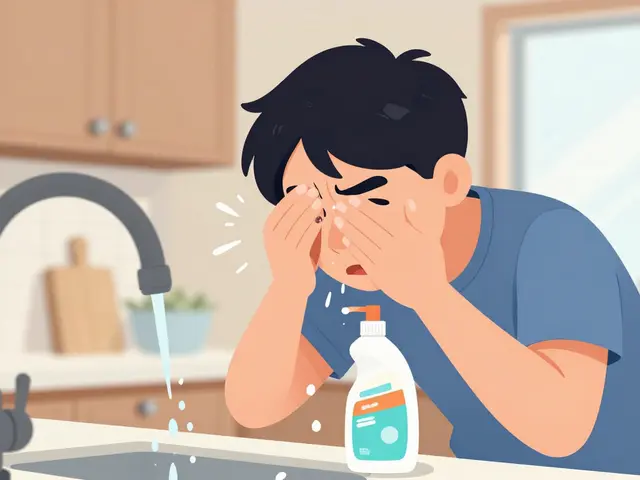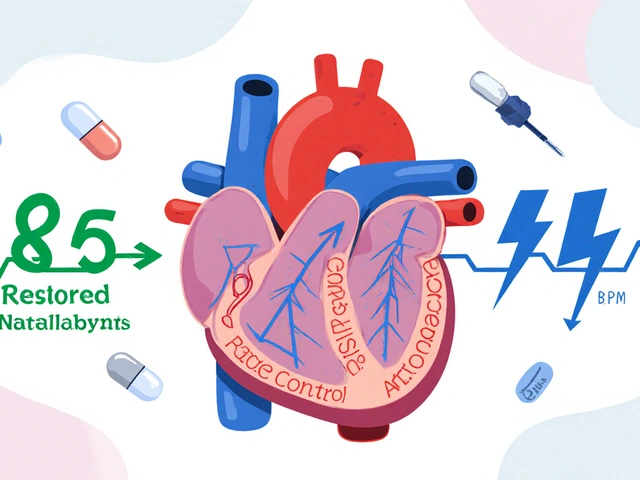Allergens: What They Are and How to Keep Them in Check
Allergens are anything that makes your immune system overreact. When you breathe them in or touch them, the body thinks it’s under attack and releases chemicals like histamine. That’s why you get itchy eyes, sneezing, or even trouble breathing.
Common Allergen Sources
Most people run into a few big groups of allergens. Pollen from trees, grass, and weeds spikes in spring and fall. Dust mites hide in bedding, carpet, and upholstered furniture. Pet dander shows up on hair and skin flakes from cats or dogs. Mold loves damp places like bathrooms or basements. Food allergens like peanuts, shellfish, milk, and eggs cause reactions for many, especially kids. Insect stings from bees or wasps can also be a problem.
Tips to Reduce Exposure
First, find out which triggers bother you. A symptom diary helps – note when you feel itchy or sneezy and what you were doing.
Next, clean up the home. Wash sheets in hot water weekly, use a vacuum with a HEPA filter, and keep humidity below 50% to stop dust mites and mold. If pets are the issue, keep them out of the bedroom, bathe them regularly, and use air purifiers.
When pollen is high, check local forecasts and close windows. Shower and change clothes after being outside to rinse pollen off skin and hair. For food allergens, read labels carefully and avoid cross‑contamination in the kitchen.
Medications can calm reactions. Over‑the‑counter antihistamines stop itching and sneezing. Nasal steroid sprays reduce congestion. For severe reactions, an epinephrine auto‑injector (EpiPen) may be prescribed – keep it with you at all times.
If symptoms keep coming back despite these steps, see a doctor. They can do skin‑prick or blood tests to pinpoint allergens and may suggest allergy shots (immunotherapy) that train your body to tolerate the trigger.
Remember, dealing with allergens is a mix of knowing what you’re allergic to, cleaning up the environment, and using the right meds when you need them. Small changes add up, and you’ll notice fewer sneezes, less itching, and better breathing in no time.
Nighttime sweating plagues many asthma patients, leaving them searching for relief. This article explores how allergens, GERD, and hidden infections silently make asthma symptoms and sweating worse. Dive into actionable info, surprising data, and genuine tips tailored for anyone seeking to sleep better with asthma. Get practical advice and learn why some triggers are sneakier than you think.



 Medications
Medications




